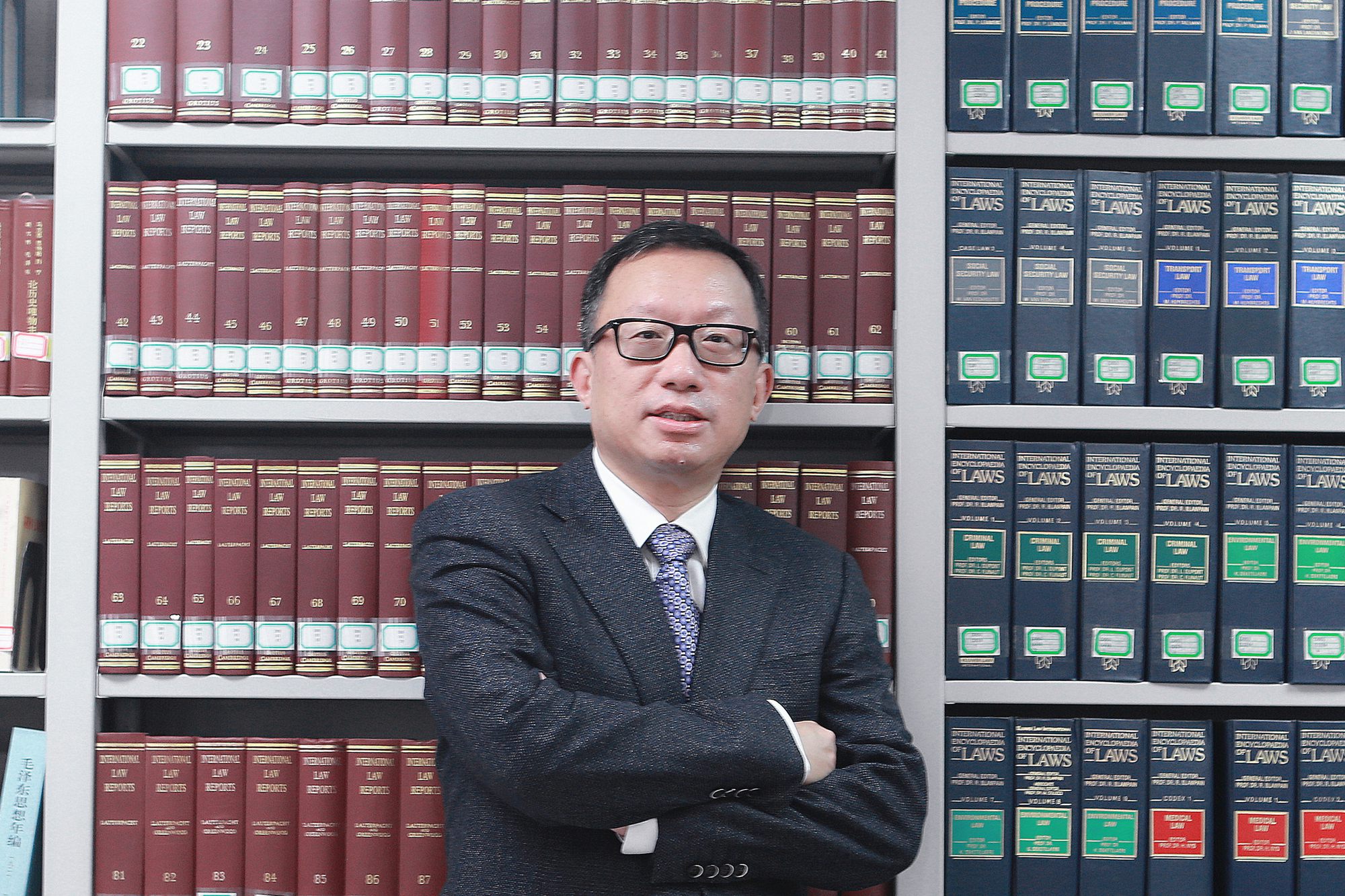
Abstract: China has taken two different legislative positions on artificial intelligence: technology and industrial development, and information content management. Using information content management to position artificial intelligence is equivalent to incorporating new productive forces into superstructure management, which will inevitably lead to various mismatch phenomena. To reflect the asymmetric characteristics of AI law, it is necessary to position artificial intelligence as a cutting-edge technology and new productive force, and, on the basis of clarifying the basic principles of security and development, to realize the paradigm change of the rule of law through the enactment, reform, abolition, and interpretation of laws by different departments. It is necessary not only to clean up and abolish regulations and practices that are not conducive to the development of artificial intelligence, but also to establish concepts, norms, and systems that are conducive to promoting the security and development of artificial intelligence. China’ s AI legislation needs to remain flexible, take small steps, and avoid the irreversible negative impact of “one-size-fits-all” legislation that is difficult to reverse.
Key Words: artificial intelligence legislation; artificial intelligence law; paradigm change; asymmetry
Author: Zhou Hanhua, research fellow, CASS Institute of Law;
Source: 5 (2024) Modern Law Science.



